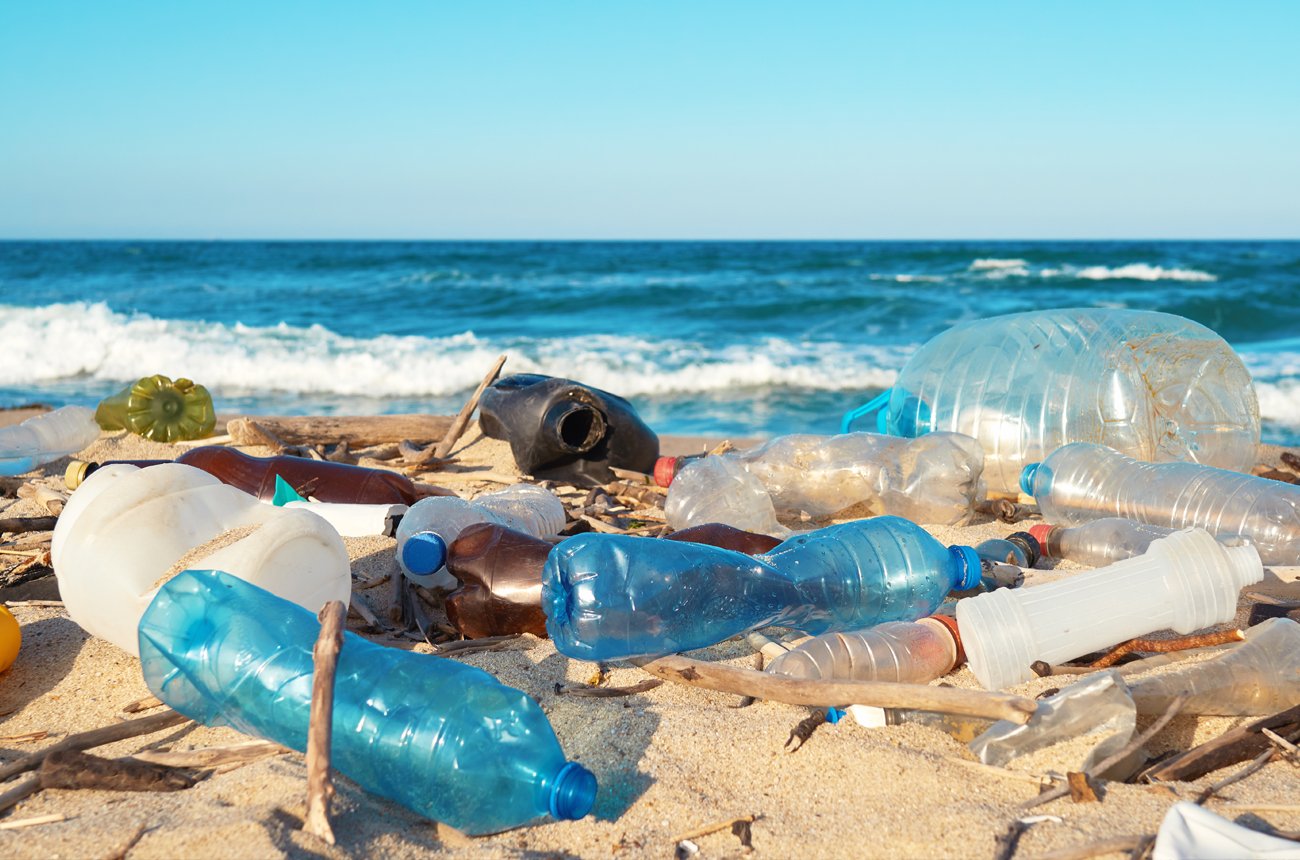Plastic Waste Management: A Global Framework for Addressing a Growing Environmental Challenge
(Source Credits: Oceana USA)
The global consumption of plastic has skyrocketed, leading to a significant environmental challenge. Of the approximately 360 million tonnes of plastic waste generated annually, a staggering 70% remains uncollected, polluting our oceans, landfills, and communities. To address this crisis, a comprehensive and tailored approach is essential.
A Tailored Approach to Plastic Waste Management
As outlined in the Alliance to End Plastic Waste's comprehensive report by Roland Berger, countries vary significantly in their waste management systems, infrastructure, and resources. A one-size-fits-all approach is ineffective. A tailored approach must consider:
National context: The specific circumstances, infrastructure capacities, and resource availability of each country.
Enabling policies: Developing policies that are aligned with national priorities and support the implementation of effective plastic waste management strategies.
The Alliance to End Plastic Waste framework: A guideline for assessing existing waste management systems and identifying areas for improvement. The framework offers contextually tailored policy levers to reduce plastic waste pollution and increase plastic circularity.
The Critical Role of the Informal Waste Economy
Informal waste workers, often marginalised and working in precarious conditions, play a pivotal role in reducing plastic waste and promoting circularity. In many countries, they are responsible for collecting, sorting, and selling recyclable materials, including plastics, preventing these materials from polluting the environment.
Examples: In countries like Brazil, India, and Mexico, waste pickers account for up to 80% of all recyclable materials collected.
Challenges: Lack of formal recognition, support, and access to basic social protections.
Opportunities: Integrating waste pickers into formal waste management systems can significantly enhance plastic waste management efforts by improving collection rates, increasing recycling efficiency, and providing a more sustainable livelihood for these workers.
Understanding the Six Categories of Plastic Waste Management Systems
The Plastic Waste Management Framework categorises countries into six distinct levels based on their waste management systems:
Undeveloped Systems: These countries lack regulation and infrastructure, relying heavily on informal waste workers. Policies should focus on developing basic waste management legislation, building institutional capacity, and establishing comprehensive baseline data.
Incipient Systems: Countries with basic waste regulation but limited collection and treatment infrastructure. Policies should prioritise the development of basic collection and treatment infrastructure, including support for waste pickers.
Developing Systems: These countries have functional waste management systems driven primarily by market-based mechanisms focused on value creation. Policies should aim at securing funding for major infrastructure projects and fostering industry-wide commitment to recycling.
Functional, Largely Unregulated Systems: Countries with functional waste management systems but stabilised recycling rates due to limited regulatory pressure. Policies should introduce recycling targets, mandatory Extended Producer Responsibility (EPR), and incentives for waste generators.
Advanced Systems: Countries with advanced and well-regulated systems but may still face challenges in specific areas. Policies should focus on recyclability, separate collection at source, and rigorous enforcement of EPR.
Developed Performing Systems: Countries with the most advanced waste management systems. Their best practices can serve as examples for others.
Key Highlights of the Framework
Global Plastic Waste Crisis: Of the approximately 360 million tonnes of plastic waste generated annually, 50% consists of plastic packaging, 30% comes from construction, industry, and agricultural plastic waste, and the remaining 20% from electronics, textiles, and consumer products.
Regional Differences: Plastic waste management varies significantly across regions. Europe is the global leader in plastic waste recycling, while Asia and North America face challenges.
The Role of Waste Pickers: Waste pickers play a crucial role in reducing plastic waste and promoting circularity. Integrating and supporting waste pickers can significantly drive up collection and recycling rates.
Extended Producer Responsibility (EPR): A key policy instrument for increasing recycling rates.
Deposit Refund System (DRS): Effective for beverage packaging.
Challenges in Implementation: Implementing, funding, and continuously monitoring these strategies remains a significant challenge, requiring ongoing adaptation and collaboration among stakeholders.
Moving Forward: A Call to Action
The Plastic Waste Management Framework underscores the need for a multifaceted approach to combat plastic waste. Countries must adopt contextually tailored strategies that consider their specific national circumstances, infrastructure capacities, and resources. The framework’s emphasis on integrating waste pickers, enforcing EPR, and utilising tools like DRS provides a roadmap for improving plastic waste management systems globally.
A key element of this approach is the recognition and integration of the informal waste economy, particularly the waste pickers who play a critical role in many countries. By providing these workers with the support, recognition, and resources they need, we can not only improve waste collection and recycling rates but also enhance the livelihoods of millions of people around the world.
By following the guidelines and strategies outlined in this framework, countries can take significant steps toward reducing plastic waste pollution, enhancing recycling rates, and moving towards a more sustainable, circular economy. The success of these efforts will depend on the commitment of governments, industries, and communities to work together in addressing one of the most pressing environmental challenges of our time.
As we stand at this critical juncture, the choices we make today will shape the environmental legacy we leave for future generations. The time for action is now. Plastics For Change is more than ever committed to creating a more sustainable future. We:
Advocate for the rights and recognition of informal waste workers
Promote innovative solutions for plastic waste management
Support the implementation of EPR and DRS systems
Foster partnerships between formal and informal waste sectors
Join us in building a world where plastic waste is a resource, not a burden. Together, we can turn the tide on plastic pollution and create a cleaner, more sustainable planet for all.

